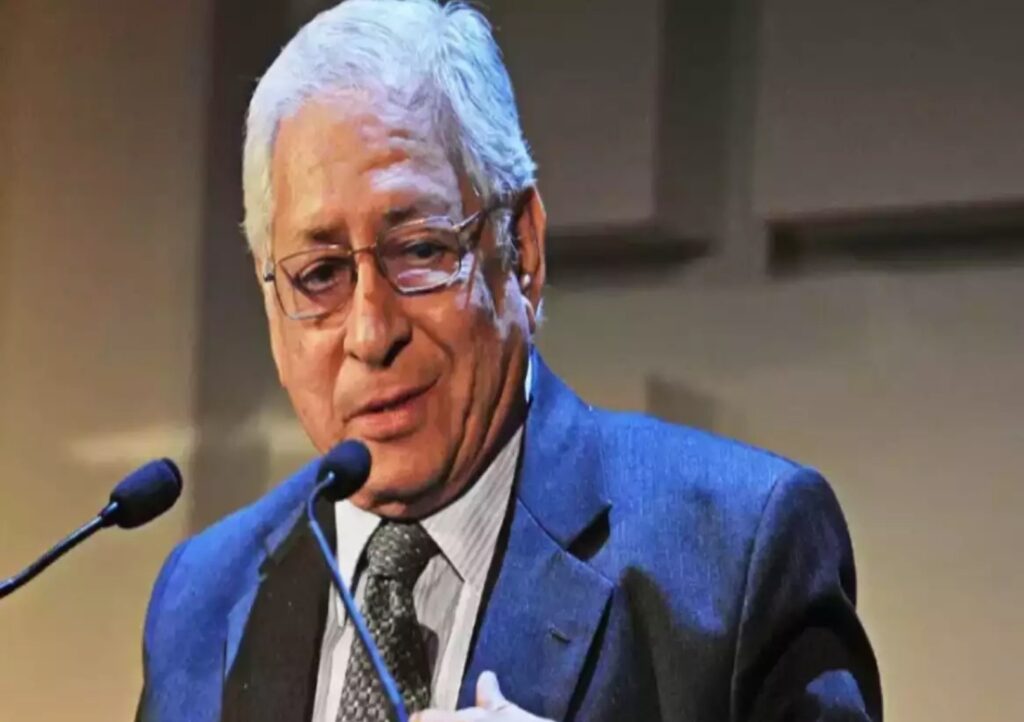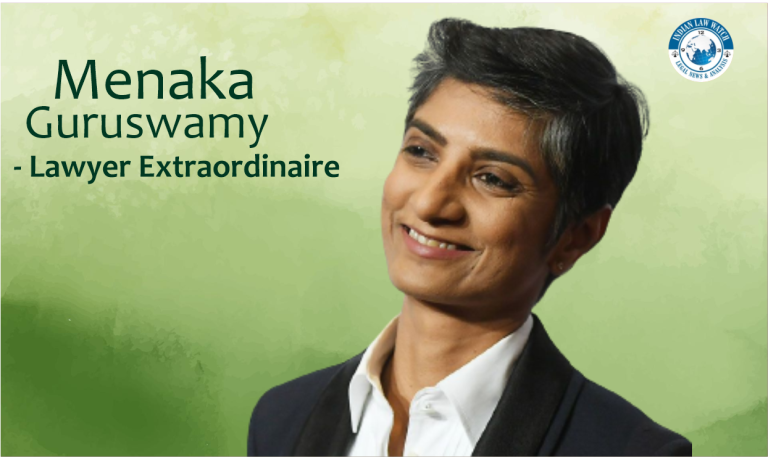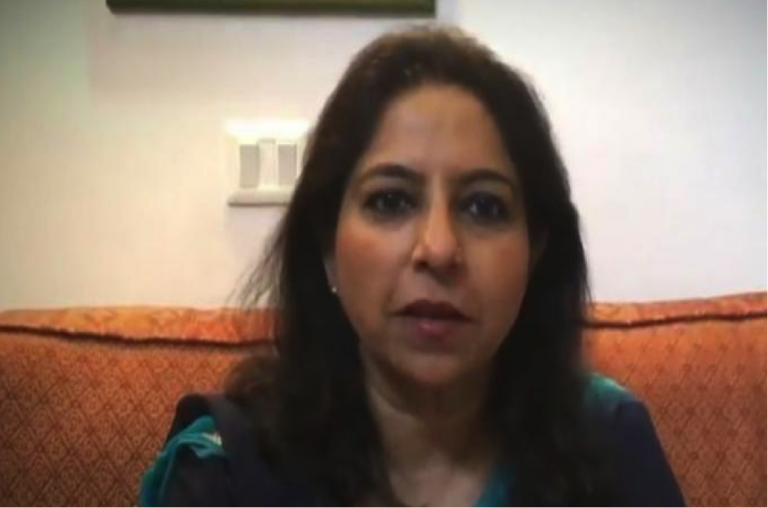
BACKGROUND
Soli Sorabjee was born on March 09, 1930, in Bombay, he belongs to a Parsi family. He pursuing law from the government law college in Mumbai. Sorabjee was admitted to the bar in the year 1953. Sorabjee passed away on April 30, 2021, at the age of 91 due to COVID-19.
At his law school, he was awarded the Kinloch Forbes gold medal in Roman law and jurisprudence. He was designated senior counsel by the supreme court of India. He is also known to have served as the solicitor general of India from 1977- 1980 and appointed as the attorney general of India first from 1989- 90 and then from 1998- 2004. In 2004 after the constitution of the 14th Lok Sabha under the prime ministership of Dr Manmohan Singh, he resigned from the post of Attorney General for India.
Soli J. Sorabjee’s wife’s name is Zena Sorabjee and they have three children. Soli’s daughter Zia Mody is a lawyer and Partner at AZB & Partners which is one of the leading law firms in India.

OFFICES HELD
He was twice appointed Attorney General of India.
He held several offices in national and international organizations like-
-
He was a renowned Human rights lawyer.
-
Sorabjee was a member of the Citizen’s Justice Committee and took up cases pro bono for the victims.
-
He was nominated as a Special Rapporteur for Nigeria by the united nations in 1977.
-
He becomes a member and later chairman of the UN sub-commission on the promotion and protection of human rights, from 1998 to 2004.
-
Sorabjee was a member of the Committee on Arms Control and Disarmament Law of the International Law Association.
-
He also served as the Vice President of the Commonwealth Lawyers Associations.
-
He is a member of the united nations sub-commission on prevention of discrimination and protection of minorities since 1998.
-
Sorabjee also served as a member of the permanent court of arbitration at The Hague from 2000 to 2006.
-
Appointed as the Personal Envoy of the UN High Commissioner for Human Rights for East Timor in May 1999.
CASES
Sorabjee is a champion of freedom of speech and expression. He has defended freedom of the press in many landmark cases in the supreme court of India and has been instrumental in revoking censorship orders and bans on publication. Sorabjee is a renowned human rights lawyer. Keshavananda Bharti case, SR Bommai case, I.R. Coelho case, in 1984 Sikh riots case, Maneka Gandhi case, Ahmedabad, St Xavier’s college case etc.
The landmark Kesavananda Bharati v/s State of Kerala case, where a 13-judge constitutional bench of the Supreme Court held that Parliament could amend any part of the Constitution so long as it did not alter or amend its “basic structure” or “essential feature”.
In the Maneka Gandhi versus Union of India case, the apex court clarified that the right of personal liberty granted by Article 21 of the Constitution was indeed sacrosanct. Soli Jehangir Sorabjee was associated with both these landmark rulings. In the first, Sorabjee, along with Fali Nariman, assisted Nanabhoy Palkhivala who argued for the Keshavananda Bharti case.
He was a champion in human rights law and was responsible for revoking censorship in publication law. In March 2002, Soli Sorabjee was honoured with the Padma Vibhushan for his work to defend freedom of speech and human rights.
He worked for the Sikh community pro bono after the 1984 riots. He was appointed an Honorary Member of the Order of Australia.
AWARDS
- Kinloch Forbes gold medal in Roman law and jurisprudence awarded in 1952.
- Padma Vibhushan awarded in 2002
- Justice K.S. Hedge Foundation award, 2006
- The second highest civilian award in India, in 2002 for his defense of Freedom of Speech and the Protection of Human Rights.
BOOKS AUTHORED
Sorabjee is a prolific writer on the issues of protection of human rights, upholding constitutional law and freedom of speech and expression. He has also been a regular contributor to Indian newspaper like Indian express. His famous books are –

- Nani Palkhivala: The Courtroom Genius, 2002
- Search for values, 1995
- The law of Press Censorship in India, 1976
- The emergency, censorship and the press in India, 1777
- Law and justice, 2004
- Constitutionalism human rights and the rule of law, 2005
Essays authored
- Fundamental Rights as published in “Public Law of India” (1979)
- The Constitution and the Governor
- Protection of Human Rights in Emergencies
- Equity in the United States and India published in “Constitutionalism and Rights” (1990)
ACTIVITIES OF INTEREST
He developed an abiding passion for jazz. As, Sorabjee would often say, was his first love. He also began to take classes from famous jazz musician Hal Green and performed at amateur concerts. He was president of the Delhi jazz association for many years. He was also one of the founders of the Jazz Yatra concert series.
AUTHOR OF THE ARTICLE NIDHI SINGH Intern, Indian Law Watch (April-May 2021) Currently pursuing BA.LL. B (Hons.) Course from Ideal Institute of Management & Technology and School of Law, Guru Gobind Singh Indraprastha University, Delhi. She is in 5th year (9th semester) of Five Year course. Awarded Certificate of Appreciation in Rakesh Aggarwal Memorial National Trial Advocacy Competition held on 30 and 31st march 2019 for contributing as a witness.

 Powers of LG : Increased in NCR: National Capital Territory of Delhi (Amendment) Bill 2021 passed by Lok Sabha
Powers of LG : Increased in NCR: National Capital Territory of Delhi (Amendment) Bill 2021 passed by Lok Sabha



